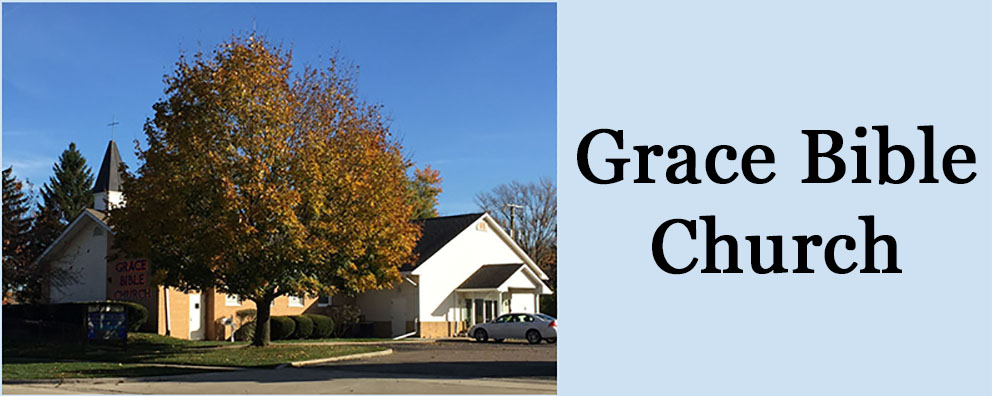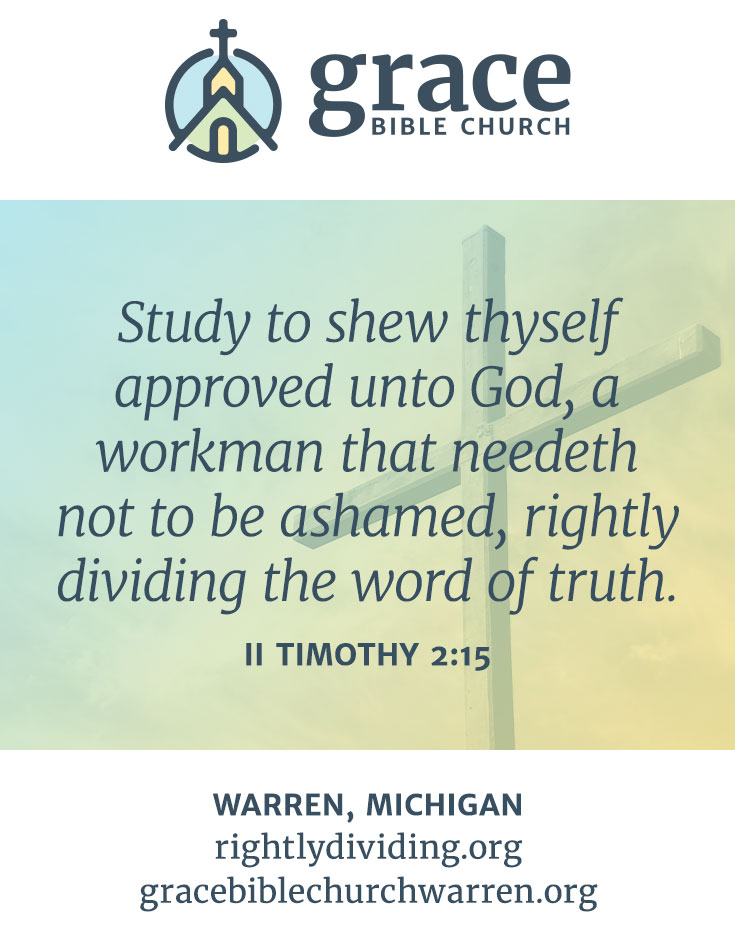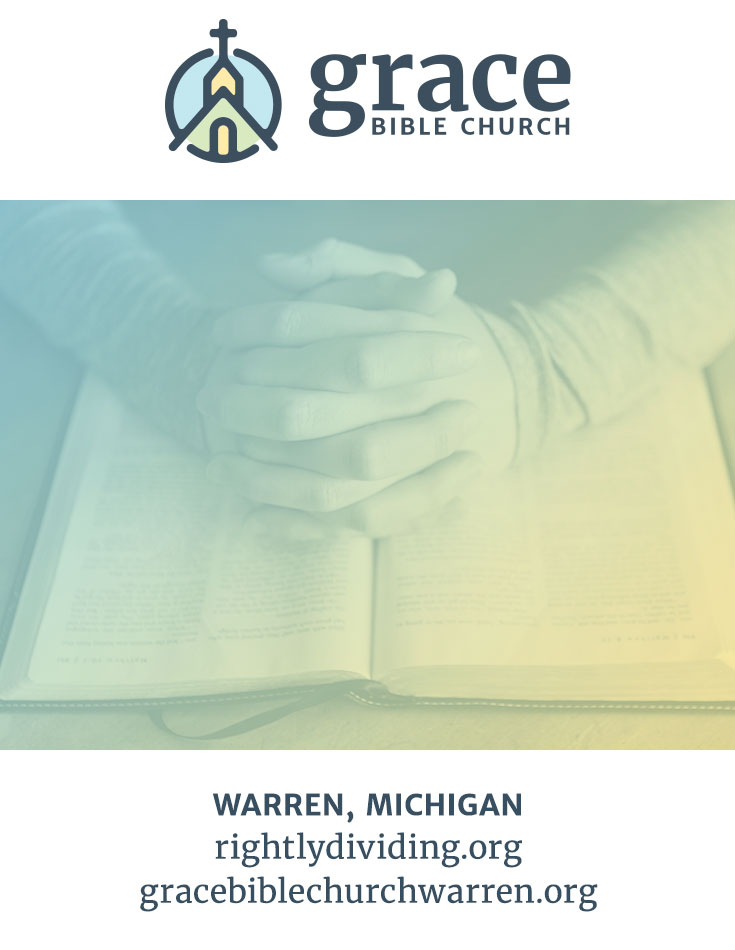But he was wounded for our transgressions, he was bruised for our iniquities: the chastisement of our peace was upon him; and with his stripes we are healed.
I am studying healing in the Bible and am writing an article about it, because it is very much in the news here. I know about healing during the ministry of Christ and the cross. It relates to Isaiah 53 about His stripes for the nation Israel. They were sick (spiritual) and God made Him sick (sin) at the cross .So He healed them at the cross for their sins and He healed physically because of the coming Kingdom and that He was the Messiah.
But James 5:14-15 is a difficult one. Does it talk about a sick believer? Or an unbelieving Jew who wants to be saved? It talks about forgiveness of his sins, so then is it an unbeliever who converts. And is the anointing with oil the receiving of the spirit, or is it literal anointing with oil? Or is maybe the whole passage talking about physical healing? James says, Is any sick among you. Then it must be a believer, or not? It is one of them. I hope you can give me light on this.
Another question I have is about the covering of the head for the woman. Is the long hair the covering? But when Paul says about a woman praying uncovered, then it would mean that she is bald. Or would uncovered mean: short hair? I ask this, because now we have a woman in the church who covers her hair with a covering. Very important questions and I hope you can take the time to answer them.
It’s good to hear from you. By your questions I can tell you are in the scriptures. That’s wonderful. The only people who have no questions are those who are not studying.
When Peter quotes Isaiah 53:5 (in I Peter 2:24) notice that he speaks of being “dead to sin” and therefore they should “live unto righteousness” then quotes Isaiah which means that he is speaking of healing from their sins. Also, he said: “by whose stripes ye were healed.” “WERE” is past tense. He is not saying they can be healed, but that by the cross they were healed. They are now “dead to sin” and “live unto righteousness” because “by (His) stripes ye were healed.”
This may help with the verse in James as well. First of all, remember that the Hebrew epistles are written to the Hebrew people in general (saved and lost). That is why the book of Hebrews warns of falling away, of not hearing the Lord who now is speaking to them from heaven. It is why I John 1:9 warns the unbelieving Jews not to call God a liar and to confess they have sinned. The rest of the book tells them how to know if they are born of God or not. In James 5 this man who is sick seems to be wavering in his faith. The “prayer of faith” is described in James 1:6-8 as a warning to anyone questioning God, telling them to “ask in faith, nothing wavering.” Meaning that since they are going through temptations (verse 2) and “the trying of your faith” (verse 3), they must ask in faith (believing what God has said) in order not to be “unstable in all his ways” (verse 8) and endure temptation (verse 12). The “prayer of faith” (5:15), the Elders of the church (5:4) and the confessing of faults (5:16) all point to restoring a spiritually wavering man as described in James 5:19,20: “Brethren, if any of you do err from the truth, and one convert him; Let him know, that he which convereth the sinner from the error of his way shall save a soul from death, and shall hide a multitude of sins.” This is Israel’s salvation into the Kingdom. “He that endureth to the end, the same shall be saved.”
The “anointing him with oil in the name of the Lord” may be a symbolic gesture or most likely is a medicinal use of oil for those who are also physically sick. I’m convinced that the “sick” in verse 14 is a different kind of “sick” than in verse 15. Verse 14 can include physical sickness, but verse 15 the “prayer of faith shall save the sick” is the salvation of the sick hearted as in Psalms 34:18. I know many may not accept this explanation but I am convinced that it is right. You’ll have to study it out for yourself.
Now concerning the covering of I Corinthians 11. A woman’s hair is their natural covering, but from verse 6 the women of Paul’s day also wore a covering, which in their society showed their morality and submission to their husband. If that was still true in our culture it would be wrong for women to rebel against that custom. That is what verse 16 is saying. Being contentious is wrong. But since women have broken that custom years ago in our culture, it would not be right to make it a law upon the women of the church. It would not have the same meaning. It would look like a show in the flesh; like religious clothing. Remember, this custom in Corinth was not just in the church but also in their community. The lesson of Romans 14 must be applied to this issue. A person who believes that she must wear a covering should do so until she realizes that she has the liberty to stop, and must do so in faith. Hope these thoughts help.








